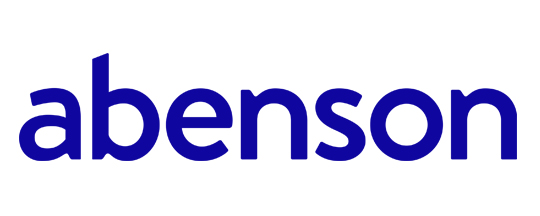-
WHO SHOULD ATTEND
-
LEARNING OUTCOMES
Day 1
- Understand the role and responsibilities of trainers in facilitating effective learning experiences.
- Explore adult learning principles and apply them to training design and delivery.
- Recognize the types and levels of retail training and align them with learner needs and preferences.
Day 2
- Develop comprehensive training content through effective research and analysis.
- Design engaging training materials that balance theory, application, and company culture.
- Create interactive training activities and worksheets to reinforce learning and inspire creativity.
Day 3
- Prepare and deliver training sessions with a focus on setting the right context for optimal learning.
- Enhance audience engagement and participation through effective delivery techniques and NLP hacks.
- Provide constructive feedback, handle Q&A sessions, and master the art of debriefing for effective learning outcomes.
PROGRAM OUTLINE
WHAT YOU'LL LEARN: DAILY SCHEDULE
Day 1
Module 1: The Role and Responsibilities of Trainers
- Unveiling the Purpose of Trainers
- Embracing the Vital Characteristics, Mindset, and Principles of Trainers
- Essential DOs and DON'Ts for Trainers
Module 2: Insights into Adult Learning
- Unraveling Adult Training Approaches by Malcolm Knowles
- Exploring the Fundamental Principles of the Laws of Learning
- Understanding Self-Concept Theory by Carl Rogers' Model
Module 3: Exploring Types of Retail Training and their Needs
- Navigating the Diverse Types and Levels of Retail Training
- Crafting Learning Needs and Setting Expected Outcomes of Retail Training with Bloom Taxonomy
- Harmonizing Training Approaches with Varied Learning Styles and Needs
Module 4: Understanding the Neuroscience Behind Learning
- Exploring the concept of Cognitive Load and its Profound Impact on Learning
- Mastering Techniques for Creating Unforgettable Learning Experiences and Enhancing Content Retention
- Cultivating Strategies to Foster a Highly Motivating Learning Environment
Day 2
Module 1: Conducting Effective Content Research
- Conducting Comprehensive Content Research: Gathering and analyzing relevant information for training content through thorough research and analysis.
- Market Research and Industry Insights: Understanding industry trends, best practices, and market dynamics to align training content with industry standards.
- Striking the Right Balance: Balancing theoretical knowledge, practical application, and alignment with company culture for effective training delivery.
- Exploring Research and Preparation Methods for Power Management Program: Delving into the specialized research and meticulous preparation techniques tailored for the Power Management Program.
Module 2: Designing Engaging Training Content
- Drafting Training Topics and Subtopics: Organizing content for effective delivery
- Creating Impactful Training Design: Utilizing ethos, pathos, and logos to engage learners
- Avoiding Typical and Boring Content: Strategies for making training materials interesting and relevant
Module 3: Interactive Training Activities and Creativity
- Types of Training Activities: Selecting interactive techniques to enhance learning
- Designing Practical Worksheets: Creating hands-on exercises for application
- Inspiring Creativity in Training Design: Promoting innovative and engaging learning experiences
Module 4: Balancing Structure and Flexibility in Training Content
- Finding the Right Balance: Structuring training content while allowing room for flexibility
- Developing Training Resources: Creating materials and tools to support learning
- Reviewing Training Design and Assessment: Evaluating the effectiveness of the training program
Day 3
Module 1: Effective Training Delivery Techniques
- Prepare Session Plan: Developing a comprehensive plan for delivering impactful training sessions.
- Setting the Right Context (Pre-frame) for Optimal Learning: Creating an environment that fosters maximum engagement and learning by setting the appropriate context.
- Hacks to Improve Audience Engagement Using NLP: Utilizing Neuro-Linguistic Programming (NLP) techniques to enhance audience engagement and participation.
Module 2: Individual Presentation Assessment
- Individual Presentation Assessment (15-20 Minutes Each): Providing participants with an opportunity to showcase their skills and knowledge through individual presentations, allowing for personalized evaluation and feedback.
Module 3: Q&A Session and Participant Assessment
- Handle Q&A Session: Strategies and techniques for effectively managing and responding to questions from participants during training sessions.
- Individual Presentation Assessment (15-20 Minutes Each): Continued assessment of participants' presentation skills and knowledge.
Module 4: Feedback and Assessment Skills for Trainers
- The Essential Guide to Providing Constructive Feedback: Techniques for delivering constructive feedback to enhance learning and development.
- Mastering the Art of Debriefing in Any Situation: Developing essential debriefing skills to facilitate reflection and learning after training activities.
- Plan and Prepare Participant's Assessment: Designing and implementing assessment methods to evaluate participants' understanding and competency.





